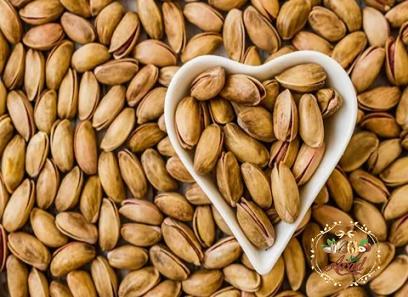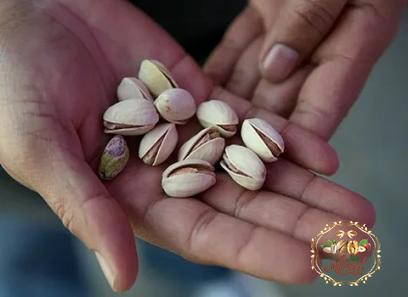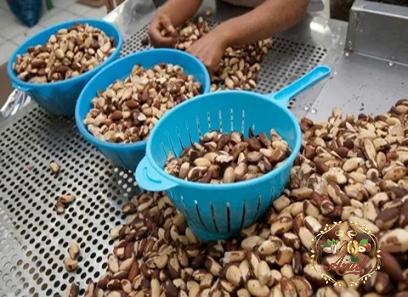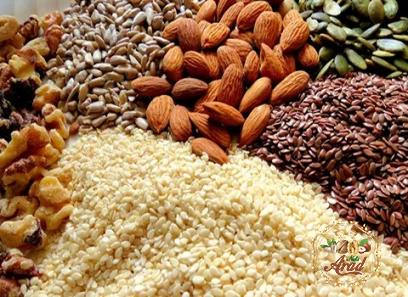Farmley Cashew is a popular and versatile nut that offers numerous advantages to consumers and businesses alike. However, like any other product, it also has its share of disadvantages. In this article, we will explore the advantages and disadvantages of Farmley Cashew, and provide insights into how to make and use this wonderful nut.
Advantages of Farmley Cashew:
1. Nutritional Value: Farmley Cashew is a highly nutritious nut that is packed with essential vitamins and minerals. It is a good source of protein, healthy fats, and dietary fiber. Cashews are also rich in minerals such as magnesium, copper, and zinc, which are important for maintaining optimal health.
2. Heart Health: Cashews contain heart-healthy monounsaturated fats that can help lower bad cholesterol levels and reduce the risk of heart disease. They are also a good source of antioxidants, including vitamin E, which can protect the heart from oxidative damage.
3. Energy Boost: Cashews provide a quick energy boost due to their high concentration of healthy fats and carbohydrates. They are an excellent snack option for those looking to increase their energy levels naturally.
4. Versatile Culinary Uses: One of the greatest advantages of Farmley Cashew is its versatility in the culinary world. Cashews can be used in a variety of dishes, including salads, stir-fries, desserts, and even as a dairy-free alternative for making creams and sauces.
5. Weight Management: Despite being high in healthy fats, cashews can actually aid in weight management. The combination of healthy fats, fiber, and protein in cashews helps keep you feeling fuller for longer, reducing overall calorie intake.
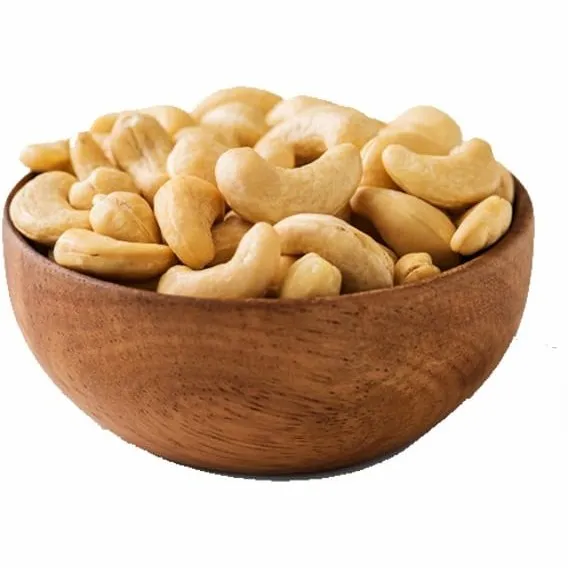
Disadvantages of Farmley Cashew:
1. Price: One of the main disadvantages of Farmley Cashew is its price. Cashews tend to be more expensive compared to other nuts due to the labor-intensive process of harvesting and processing them. This higher price can limit their accessibility for some consumers.
2. Allergies: Cashew allergies are relatively common, with some individuals experiencing severe allergic reactions. People with known tree nut allergies should exercise caution and consult with a healthcare professional before consuming cashews.
How to Make Farmley Cashew:
While Farmley Cashew is readily available in stores, making your own homemade cashews can be a rewarding experience. Here is a simple process for making Farmley Cashew:
1. Harvesting: Cashews grow on cashew trees, which are native to tropical regions. The cashew nut is actually the seed of the cashew fruit, which grows attached to the bottom of the fruit. Harvesting cashews involves carefully removing the nut from the fruit to avoid contact with the toxic outer shell.
2. Roasting: Once the cashews have been harvested and separated from the fruit, they need to be roasted to remove the toxic outer shell. Roasting can be done in an oven or on a stovetop, using moderate heat until the shells become brittle and easy to remove.
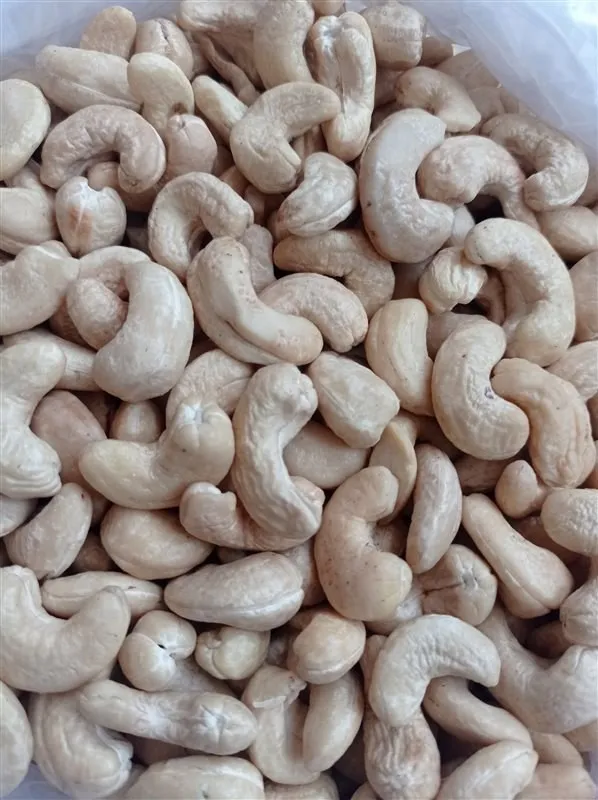
3. Shelling: After roasting, the cashews need to be shelled to separate the edible nut from the outer shell. This can be done manually by applying gentle pressure to crack the shells and then removing the nuts.
4. Storage: Once shelled, cashews can be stored in an airtight container in a cool, dry place to maintain freshness and flavor.
How to Use Farmley Cashew:
Farmley Cashew is incredibly versatile and can be used in various ways in the kitchen. Here are some ideas on how to use Farmley Cashew in your culinary creations:
1. Snacking: Enjoy Farmley Cashew on its own as a delicious and nutritious snack. They can also be combined with other nuts, dried fruits, or dark chocolate for a healthy trail mix.
2. Cooking: Cashews can be used in a variety of dishes, such as stir-fries, curries, and pasta sauces. They can be ground into a paste to add creaminess and richness to dishes, or simply sprinkled over salads and soups for an added crunch.
3. Baking: Cashews can be finely ground and used as a flour substitute in gluten-free baking recipes. They can also be chopped and added to cookies, muffins, and cakes for texture and flavor.
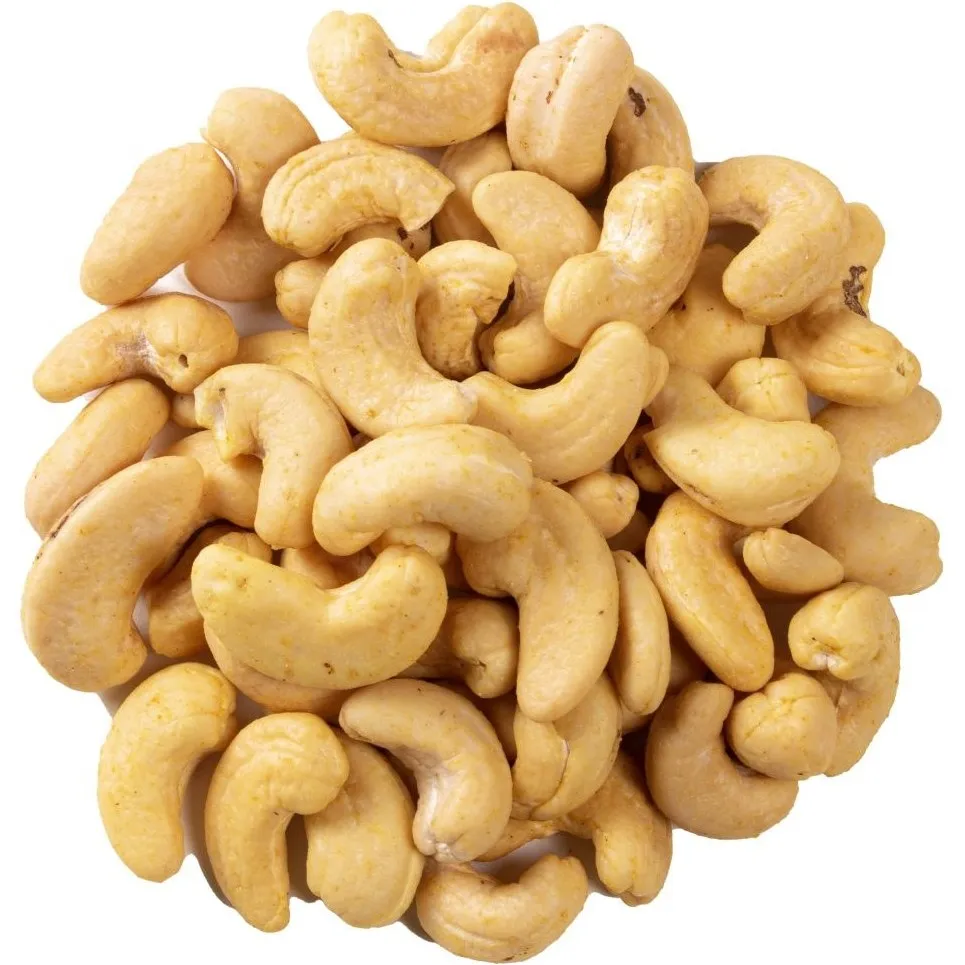
4. Dairy-free Alternatives: Cashews can be soaked and blended to create a creamy vegan substitute for dairy products like milk, yogurt, and cheese. Cashew-based creams and sauces can add richness and flavor to various dishes.
In conclusion, Farmley Cashew offers many advantages, from its nutritional value to its versatile culinary uses. However, it is important to be aware of its price and the potential for allergies. Whether you choose to enjoy them as a snack, use them in cooking, or experiment with dairy-free alternatives, Farmley Cashew can be a healthy and delicious addition to your diet.




